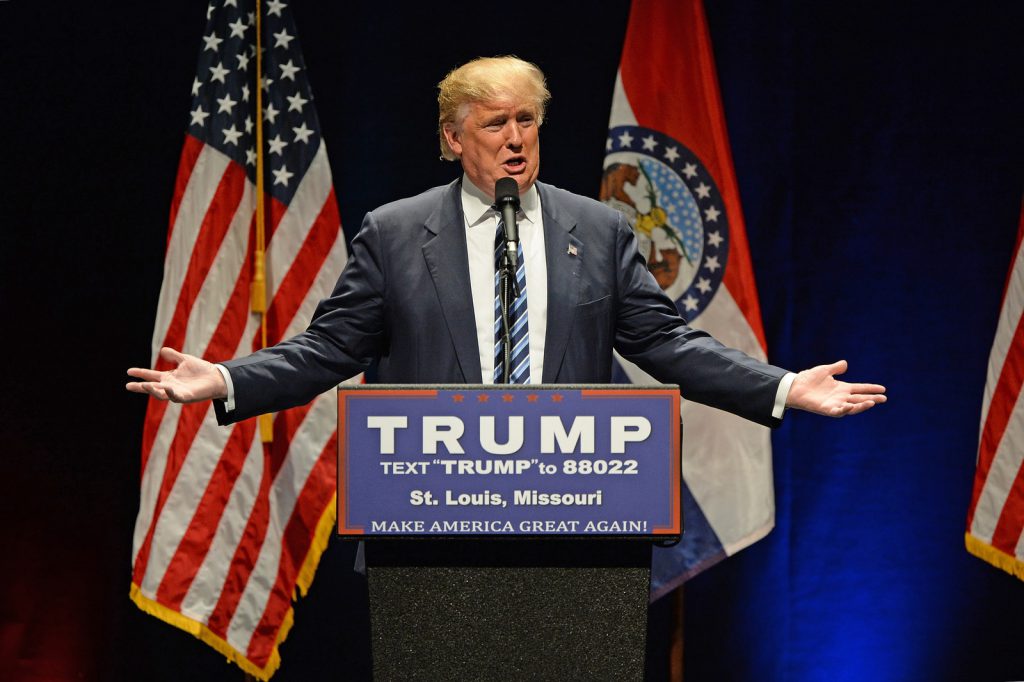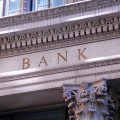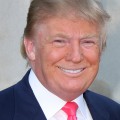Donald Trump’s proposal to do away with much of the 2010 Dodd-Frank Act has met with strong opposition from an unlikely source. U.S. banks are not at all keen on a complete repeal of the financial reform law that was put in place to protect the American economy in the wake of the 2007-‘09 financial crisis.
The presumptive Republican presidential nominee sees Dodd-Frank as an impediment to banks functioning efficiently, but Wall Street isn’t bearish on the notion of throwing out the legislation entirely. Improving the law, banking industry lobbyists say, might be in order. A wholesale repeal, however, would leave an uncertain and somewhat messy regulatory landscape behind.
Richard Hunt, the Consumer Bankers Association’s chief, told Reuters that Trump’s interest is appreciated. Even so, doing away with the legislation wouldn’t necessarily serve the industry or consumers well. In addition, it would eliminate the Consumer Financial Protection Bureau, leaving uncertainty about regulatory responsibilities. The bureau is responsible for providing oversight for consumer products such as mortgages and credit cards.
You Might Also Enjoy: Rift Between Major Democratic Supporters Threatens Turnout Plans
Wall Street’s tepid response to Trump’s proposal isn’t a first. Rep. Jeb Hensarling’s bill to repeal the act also has been met with resistance from the banking industry. The chair of the House Financial Services Committee has been asked to drop the bill by those in the industry who have complained about such issues as the handling of annual stress tests, mortgage reforms and capital charges, among others.
To be sure, Wall Street hasn’t necessarily warmed to the Dodd-Frank Act. Lobbyists have been working hard to win small concessions, including some exemptions to the rule banning proprietary trading. They’ve also gained the ability to keep certain derivatives operations within units that include federally insured deposits. Banks that already have paid millions to comply with Dodd-Frank also may fear its repeal will ultimately lead to even tighter regulations.
Wall Street’s willingness to live with the devil it knows, while working toward tweaks to make it less burdensome, is also evidenced in reduced lobbying efforts. The Center for Responsive Politics estimates spending on lobbyists within the securities and investment industry fell by about 8 percent to $97 million between 2011 and 2015.
Wall Street appears to be finding its footing while working under the regulations as evidenced by a rise in bank lending of nearly $100 billion in the first three months of the year, according to Fortune. That increase is the biggest in the first quarter since the financial crisis.






